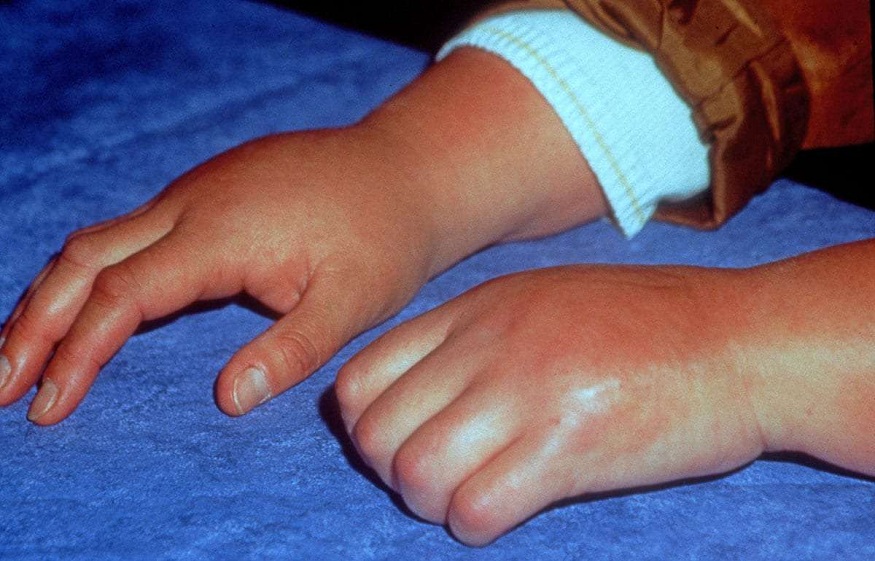The Role Of A Pain Management Specialist In Treating Complex Regional Pain Syndrome
Complex Regional Pain Syndrome (CRPS) is a challenging condition. It often causes severe, lasting pain. A pain management specialist can play a key role in easing this pain. These experts help tailor treatments to meet each person’s needs. They focus on restoring comfort and function. In cases like neuropathy newark and CRPS, specialists use a variety of methods. They work on reducing pain, improving mobility, and enhancing quality of life. Their approach combines understanding, skill, and care.
Understanding CRPS
CRPS usually develops after an injury or surgery. The pain is often more severe than expected. It is a complex and poorly understood condition. The National Institute of Neurological Disorders and Stroke explains that CRPS is characterized by prolonged pain and changes in skin color and temperature. You can read more about it here. The exact cause is unknown, but it involves the nervous system and immune response. This is why the expertise of a pain management specialist is crucial.
The Role of a Specialist
Pain management specialists assess and treat CRPS using different strategies. They often start with a detailed evaluation of the condition. This includes understanding the severity of the pain and how it affects daily life. Then, they develop a comprehensive treatment plan.
Here is a comparison of common approaches:
| Approach | Description | Benefits |
| Medications | Pain relievers, antidepressants, or anticonvulsants | Reduces pain and improves mood |
| Physical Therapy | Exercises and movements tailored to improve mobility | Enhances strength and flexibility |
| Psychological Support | Counseling or cognitive behavioral therapy | Helps cope with the emotional impact |
Medication Management
Medications are a common starting point. Pain relievers can ease discomfort. Antidepressants and anticonvulsants can also help. These drugs modify the way nerves send pain signals. Specialists ensure medications are used safely and effectively.
Physical Therapy
Physical therapy is vital. It helps restore movement and strength. Specialists design exercises to improve flexibility and reduce stiffness. Regular therapy sessions can prevent the condition from worsening. The American Physical Therapy Association highlights the role of movement in managing pain.
Psychological Support
The emotional toll of CRPS can be overwhelming. Psychological support is often part of treatment. Therapy can help manage stress and depression. It empowers people to face their condition with resilience.
Integrative Approaches
Some specialists also use integrative approaches. This includes acupuncture or biofeedback. Though these methods need more research, they offer additional relief.
Why Choose a Specialist?
CRPS requires a tailored approach. Pain management specialists are trained to handle complex pain conditions. They coordinate care across various therapies. Their goal is to improve the quality of life for those affected.
Conclusion
The role of a pain management specialist is vital in treating CRPS. Through a balance of medications, physical therapy, and psychological support, they offer hope. Their expertise helps navigate this complex condition. If you or someone you know suffers from CRPS, consider consulting a pain management specialist. They provide the guidance needed to manage pain and restore well-being.


Leave a Reply
You must be logged in to post a comment.